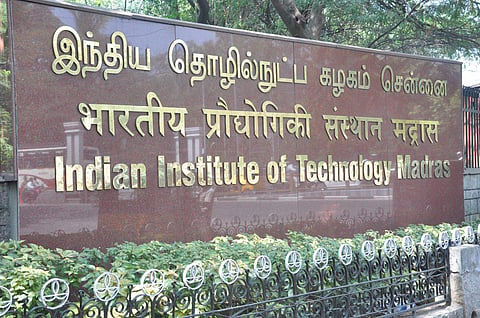
- News
- Campus
- Exam
- Podcast
- Web Stories
- Do You Know
- Path Finders - UG Programs
- Videos
- Book Review

Students and faculty members of the Indian Institute of Technology Madras and Vellore Institute of Technology are developing an “India-centric air sanitisation technology” to prevent the spread of infectious viruses like COVID-19. They are doing this in collaboration with the researchers from the Queen Mary University of London.
The technology will be a bio-aerosol protection system, which will suppress air-transmitted diseases indoors. Project Coordinator Dr Abdus Samad, Professor, Department of Ocean Engineering, IIT Madras, said, “Diseases like Tuberculosis are still prominent in India. This is an indoor technology that can prevent the spread of TB. It can also prevent viruses like COVID, or any new virus that may emerge in the future.”
IIT M received funds for this project from the Royal Academy of Engineering (UK). “We got £20,000 in June 2020 to demonstrate if our technology works. We were given a year for it. But due to COVID, we could not complete it. They have now given £80,000,” Samad said. Students and faculty members from the UK will be coming to India to work on this project and IITM will be sending students and faculty members to the UK for collaboration.
The professor said that the aim is to reach small towns. “We plan on making it very cost-effective. There are two kinds of costs involved, the initial cost and the running cost. We plan on reducing them both,” he said. However, he could not give a rough idea as to how much this technology might cost the end-user. The institute has announced that the product will reach more than 10 crore people. However, this technology will only be available in the market after two years.
Samad also spoke about how this technology is different from others. “Our air sanitisation technology won't be making noise, it will reduce electricity consumption. We are trying to arrange the ultraviolet bulbs in such a way that this technology will use fewer bulbs,” he said. “Various UVC solutions are present in the market but they lack the technical design rigor needed to ensure appropriate airborne disinfection and inactivation. This has led to consumer confusion and mistrust. The projects’ goal is to develop a solution that is extensively verified and tested from both theoretical and practical perspectives,” Samad added.
